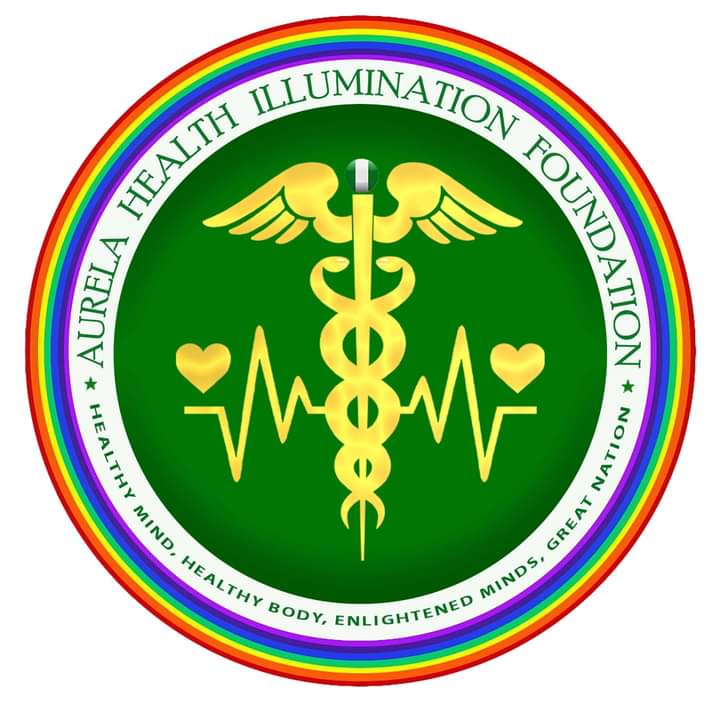“YOUR DAILY PAINKILLER HABIT COULD BE DESTROYING YOUR KIDNEYS—HERE’S WHAT DOCTORS WANT YOU TO KNOW”
Nephrologists are warning about common misconceptions and answering critical questions about kidney health that everyone should know.
Many people don’t realize their daily painkiller use might be damaging their kidneys over time. Doctors explain which medications pose the greatest risk and how to use them safely.
When it comes to hydration, experts clarify that while drinking enough water is important, overhydration won’t prevent kidney disease. They reveal the right balance for optimal kidney function.
Kidney disease often shows no symptoms until significant damage has occurred. Medical specialists share the subtle warning signs most people miss and emphasize why early detection through proper testing is crucial.
Diet plays a major role in kidney health. That extra salt you’re consuming could be putting unnecessary strain on your kidneys. Nephrologists provide clear guidelines on safe sodium intake and healthier alternatives.
Simple tests can detect kidney problems long before symptoms appear. Doctors stress the importance of regular check-ups, especially for those at higher risk.
Prevention is key. Small daily choices about medication use, hydration, and diet can make a big difference in maintaining healthy kidney function for years to come.
Medical professionals emphasize that understanding these facts about kidney health could help many avoid serious complications and potentially prevent the need for dialysis later in life. They encourage everyone to learn the truth about kidney care rather than relying on common myths.
Chronic kidney disease silently damages millions of lives as the kidneys gradually lose their ability to filter blood properly, according to the US National Institute of Diabetes and Digestive and Kidney Diseases. Despite this growing health concern, dangerous misconceptions continue preventing people from protecting their kidney health.
Nephrology experts Dr Saiprasad Sahoo of Manipal Hospital Bhubaneswar and Dr Maria Bethsaida Manual of Manipal Hospital Whitefield warn that widespread kidney myths create confusion and delay critical treatment. These specialists have identified seven particularly harmful misconceptions that could be putting your kidney health at risk right now.
Many patients unknowingly sabotage their kidney function by believing false claims about water intake, painkiller safety, and disease symptoms. Some think kidney problems always cause obvious pain, while others mistakenly believe herbal remedies can reverse damage. Such myths lead to preventable kidney deterioration that could have been stopped with proper knowledge.
Doctors emphasize that understanding the truth about kidney health could help millions avoid dialysis or transplants. Early detection and proper lifestyle changes can often preserve kidney function when started in time. The key lies in separating medical facts from dangerous fiction about how our kidneys work and what truly protects them.
These kidney specialists urge everyone to learn the scientific facts rather than relying on hearsay or outdated beliefs. With kidney disease becoming increasingly common globally, accurate knowledge may mean the difference between lifelong health and permanent organ damage. The time to debunk these myths is now – before more kidneys suffer needless harm from preventable misinformation.
Myth 1: Kidney Disease Only Affects Older Adults
Myth 1: Kidney Disease Only Affects Older Adults
Many assume kidney problems only concern the elderly, but this misconception puts younger people at risk. Kidney issues can develop at any age, particularly in those with diabetes, high blood pressure, or a family history of kidney disease.
“Patients with these conditions may experience kidney damage much earlier in life if not properly managed,” explains Dr. Sahoo. The truth is kidney disease does not wait for old age—it can strike children, teenagers, and young adults, especially when risk factors are present.
Myth 2: Drinking More Fluids Prevents Kidney Disease
While proper hydration supports kidney health, the idea that excessive fluid intake can prevent kidney disease is misleading. Dr. Manual clarifies: “Staying hydrated helps healthy kidneys function properly, but in advanced kidney disease—particularly end-stage renal disease—too much fluid can actually be harmful.”
The key points:
– Moderate hydration benefits normal kidney function
– Overhydration cannot reverse existing kidney damage
– Patients with severe kidney impairment must carefully monitor fluid intake
The doctors emphasize that prevention requires more than just drinking water—it involves managing underlying conditions, avoiding kidney-harming medications, and getting regular checkups. Kidney health depends on balanced care, not extreme measures.
Myth 3: No Symptoms Mean Healthy Kidneys
Many people assume their kidneys are functioning well if they don’t experience any noticeable symptoms. However, kidney disease often progresses silently, showing no obvious signs until significant damage has already occurred. Dr. Manual emphasizes that waiting for symptoms to appear before checking kidney health can be dangerous, as early detection through medical tests is crucial for effective treatment.
Myth 4: Herbal Remedies Can Cure Kidney Disease
Some believe that herbal products can reverse kidney damage, but this is a dangerous misconception. Dr. Sahoo warns that many herbal remedies contain unregulated and potentially toxic ingredients that may worsen kidney function. Instead of self-medicating, patients should always consult a doctor before trying any alternative treatments.
Myth 5: Painkillers Are Safe for Your Kidneys
Contrary to popular belief, frequent use of painkillers—especially NSAIDs like ibuprofen—can harm the kidneys. Dr. Sahoo explains that while these medications may seem harmless, they can cause significant damage, particularly in individuals with existing kidney risks. Limiting unnecessary painkiller use is essential for long-term kidney health.
Myth 6: Dialysis Is Inevitable for Kidney Disease Patients
Not all kidney disease patients will require dialysis. Dr. Manual clarifies that with proper medical care, medication, and lifestyle adjustments, many patients can maintain stable kidney function for years without progressing to end-stage renal disease (ESRD). Early intervention plays a key role in delaying or even preventing dialysis.
Myth 7: Kidney Disease Cannot Be Prevented
While not all kidney diseases are preventable, many risk factors can be managed. Dr. Manual highlights that maintaining a healthy lifestyle—including controlling blood pressure and blood sugar, staying active, and avoiding harmful habits—can significantly reduce the risk of kidney failure.
Final Thoughts
Kidney disease is often surrounded by myths that delay diagnosis and worsen outcomes. As Dr. Sahoo and Dr. Manual emphasize, early detection, medical supervision, and informed lifestyle choices can make a profound difference. Not all kidney damage leads to ESRD, and proactive care can help preserve kidney function for years. By debunking these misconceptions, individuals can take meaningful steps toward better kidney health.




No comment